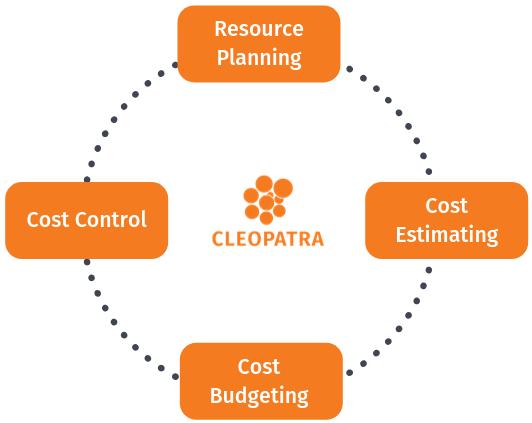1.2 Evaluate the role of planning in consultancy interventions
For good reasons, there are many famous quotes about the importance of planning by prominent leaders. Here’s just two: “A goal without a plan is just a wish.” Antione de Saint-Exupery “By failing to prepare, you are preparing to fail.” Benjamin Franklin Planning for your consultancy role is absolutely critical. Companies and their management have invested time, money and personal credibility in bringing consultants on-board (Rumelt: 2012). Once on-board, they – and their teams will expect a consultant to deliver. Therefore, a critical question that consultants must ask themselves is how will they shape their projects to make them successful? When thinking about planning, it is worth thinking in three phases. 1. Pitching (in advance of and during the ‘pitch’ to clients) (Bettger: 1992) 2. Strategy (how do we know what we are going to do, and when?) 3. Execution (how do we ensure that these things actually get done?) Breaking down your consultancy interventions into plans is therefore much more manageable if the overall processes and tasks are deconstructed and mapped out. Each of these plans must be treated differently, and with the appropriate attention and resourcing.
Tip 1: You can disagree about what is included within a plan, but you must agree with company management about what the plan is intended to accomplish. (Ensure that there is senior buy-in.)
Now let’s look at three types of plans that are important for a professional consultant. We will examine what the purpose of each is, and what warning signs might be triggered if something isn't going smoothly in each stage.










